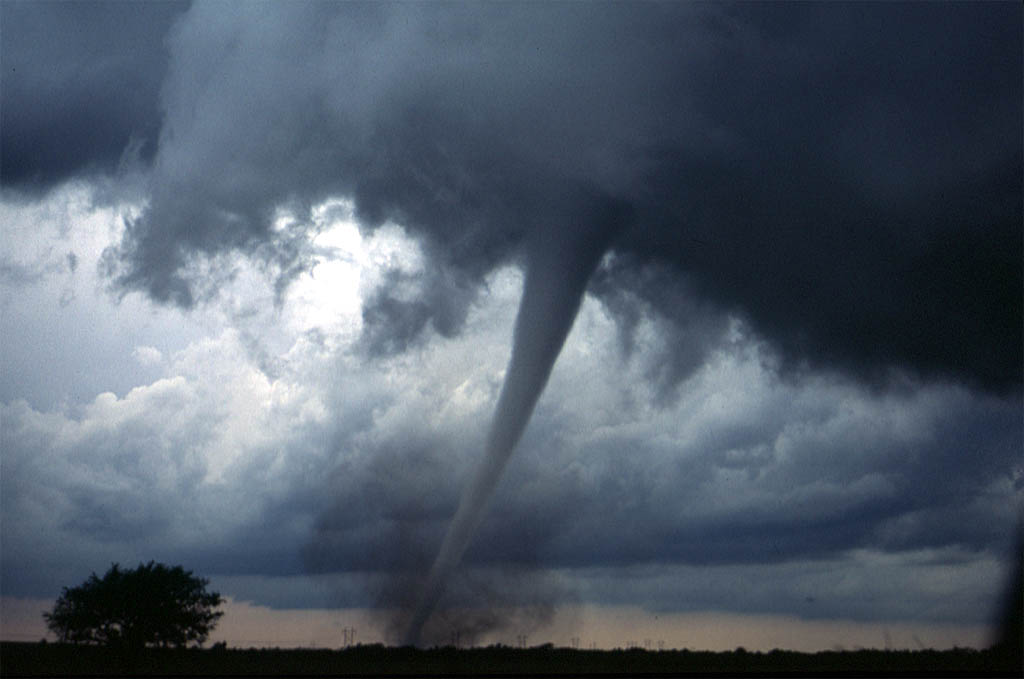What do you do when you’re
standing directly in the path of a tornado?
I found out on June 29, 1998, as I huddled in
the darkness of the basement, our house shuddering from the force of the wind
as it cut a swath through the northern Des Moines metro. In only minutes the sky went from a serene
blue to an angry charcoal. Rain, whipped by nearly 100-mile-an hour winds,
plastered shredded leaves to the sides of our house and poured through an open
window. Broken glass sliced through my office as the window casement was
wrenched away. Trees were snapped off fifteen feet above the ground or torn out
by their roots. My neighbor’s camper ended upside down in someone else’s
backyard. Shingles sailed by like flocks of Frisbees.
As the thunder and lightning escalated, the
power went out, and the entire house began to tremble. Sirens started to blare,
a warning to seek cover. As I headed for the basement, my mind flashed on the
movie “Twister”—the scene where a man is ripped out of a storm shelter and
sucked into the mouth of the monster wind.
What you do when you think your
house may be leveled by the storm, when you think you might die, what you do
is, you pray. And not a neat, textbook
prayer. You pray in desperation, and beg God to spare your family and yourself.
You plead with Him to preserve your house and stay the force of the storm. You
cry, Have mercy! Have mercy!
Storms swirl into our lives in many forms: A
doctor’s grim diagnosis, a financial disaster. A slick road on a dark street, a
teenager’s tragic choices.
Storms bring us to our knees, cowering in the
dark basement of our fears. And so we pray.
When the tornado struck, I had
been studying 2 Chronicles 20. Now my Bible falls open to that chapter, the
pages permanently waterlogged and wrinkled from the ferocious rain that
streamed into my office that day. And I have begun to look at the story of King
Jehoshaphat and the nation of Judah in a new way. Because they too were
standing in the path of the storm.
An angry alliance of Judah’s enemies was
marching inexorably toward Jerusalem, determined to destroy the nation. The
word came to Jehoshaphat: “A vast army is
coming against you from Edom, from the other side of the Sea . . .” (v. 2,
NIV).
The enemy horde was already on the west side
of the Jordan, only forty miles from Jerusalem!
Significantly Jehoshaphat didn’t spend any time
consulting with his generals. He knew
that Judah had no military defense against such a foe. “Alarmed,
Jehoshaphat resolved to inquire of the Lord, and he proclaimed a fast” (v. 3).
For next time: Principles of prayer for the gathering
storms ahead.
